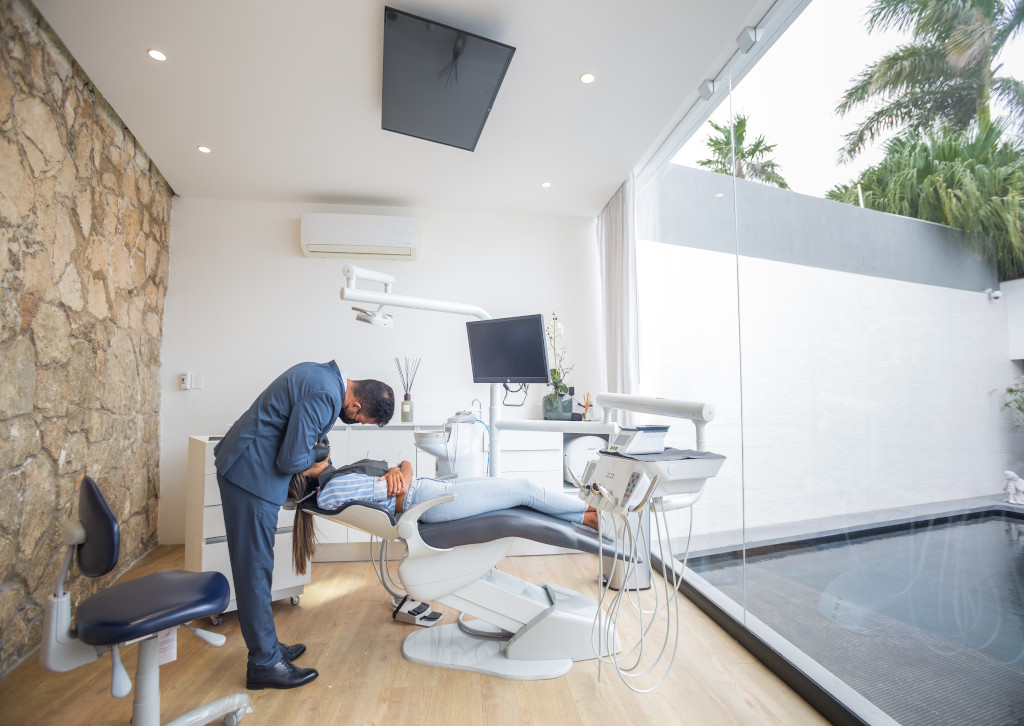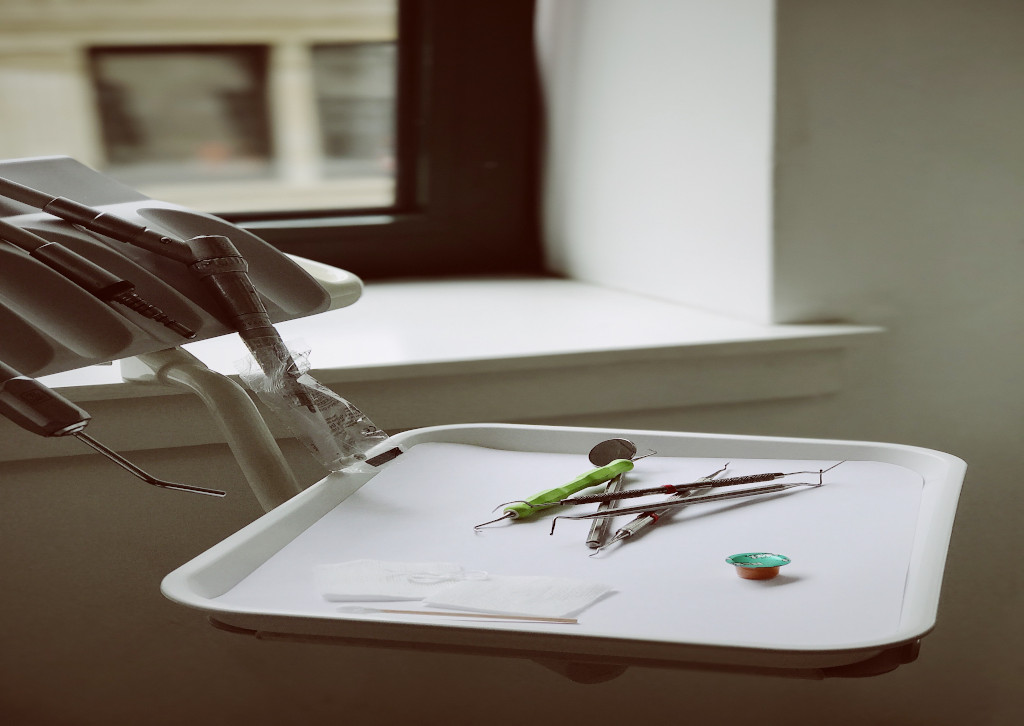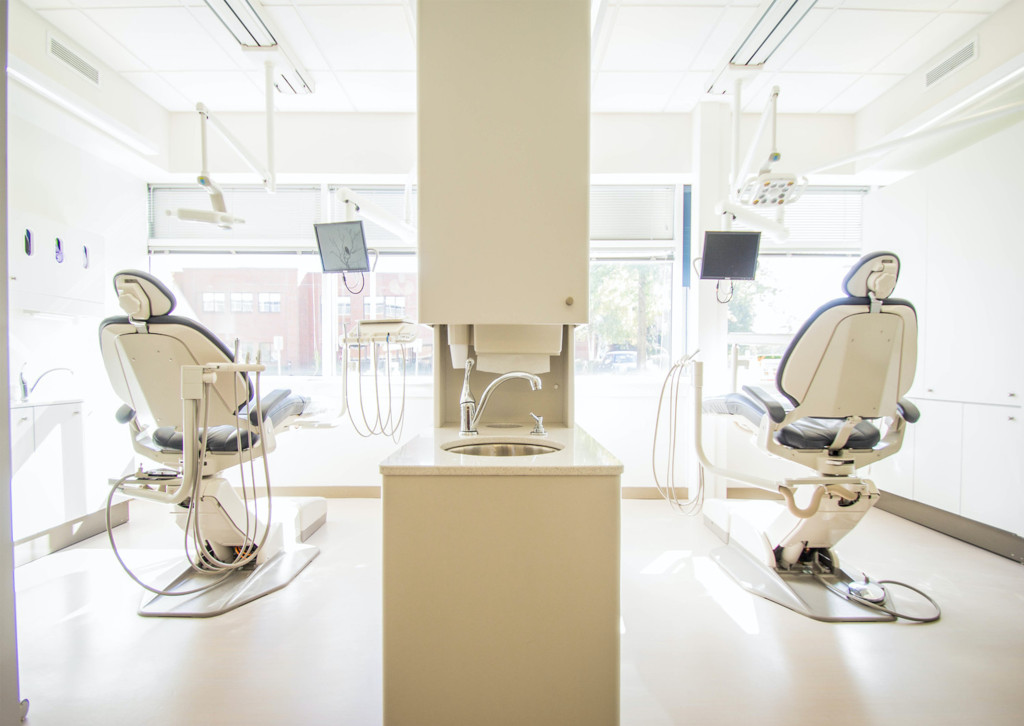
>
If your child is having difficulty with anxiety or concentration it is a good idea to consider whether poor sleep is the culprit. Today on the show, Dr. B responds to a question from a listener in which she asks if it is a good idea to suggest mouth taping to her 14-year-old daughter. Dr. B recommends mouth taping for anybody over three years of age and he spends this episode talking about why. Before diving into the benefits of using sleep tape our host takes a few moments to refresh listeners on the functional medicine approach and why patients would be better off choosing a healthcare practitioner that follows this framework for diagnosis and treatment.
Moving onto the subject of sleep, we hear about how sleeping with the mouth open changes blood chemistry as well as respiratory rate, is indicative of developmental issues, and how these changes can have detrimental consequences on our wellbeing. Dr. B makes recommendations for the best kinds of mouth tape to use, how to breach the subject of mouth taping with teenagers, and the kinds of problems that sleep tape could clear up. Tune in today!
Key Points From This Episode:
How the functional medicine approach is a better choice because it treats causesThe limits of the information that is taught to healthcare providers during collegeNoelle asks Dr. B whether her 14-year-old should use sleep tapeWhy Dr. B recommends mouth taping from ages three and upRecommendations for the best types of tape to useReasons for the yellowing of the teeth including sleeping with the mouth openDiagnosing one’s children to see if they are sleeping with their mouths openThe kinds of problems sleeping with one’s mouth open indicatesThe benefits of mouth taping for better sleep and the knock-on effects of this
How to Submit Your Question:
Record your question for Dr. B at speakpipe.com/askthedentist
Links Mentioned in Today’s Episode:
Ask the Dentist
About Dr. Mark Burhenne
Follow Dr. B on Instagram @askthedentist
Follow Dr. B on Twitter @askthedentist
Ask Dr. B a Question
Functional Dentist Directory
The post Should My 14-Year-Old Use Sleep Tape? appeared first on Ask the Dentist.
Did you miss our previous article…
https://dentistintulum.com/?p=259


